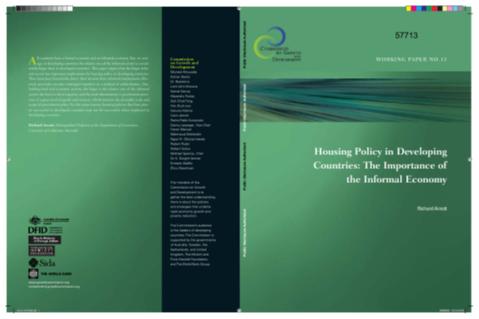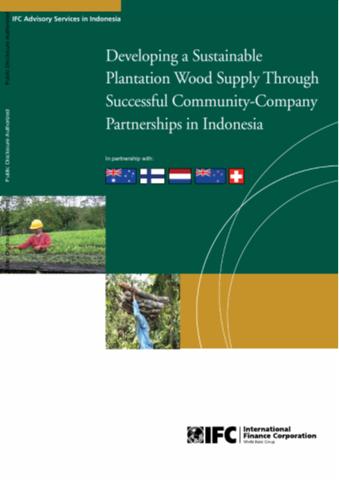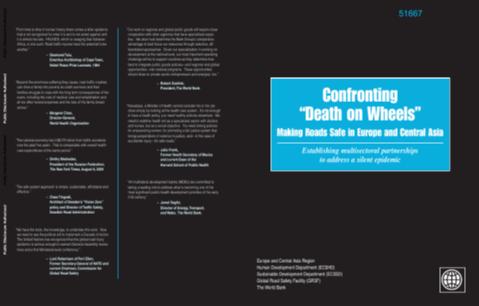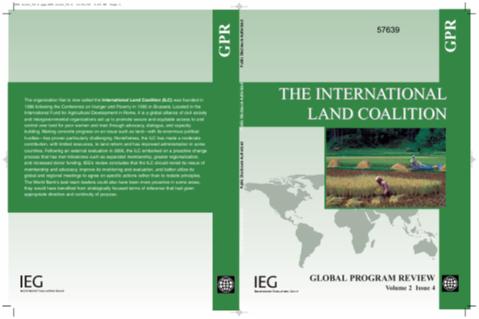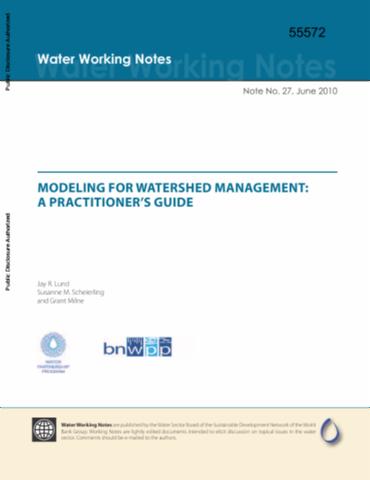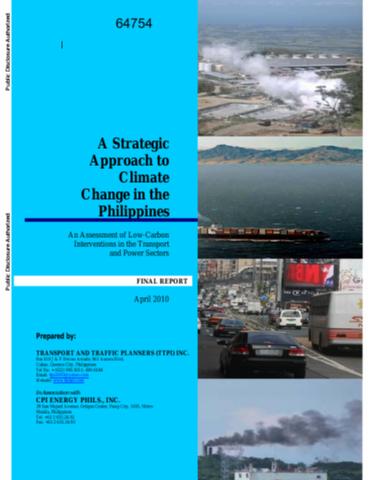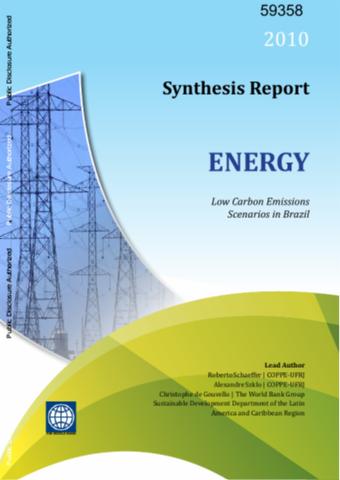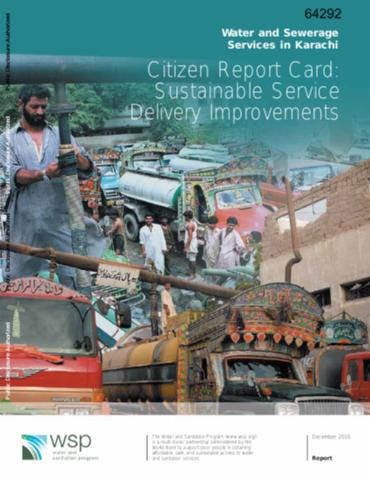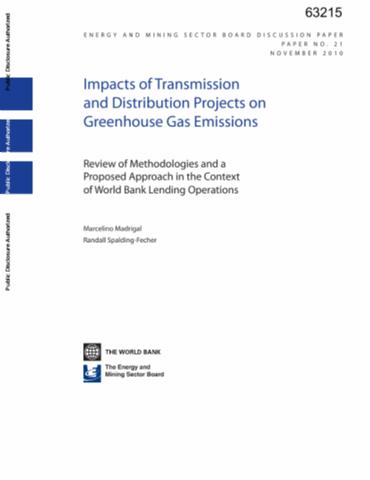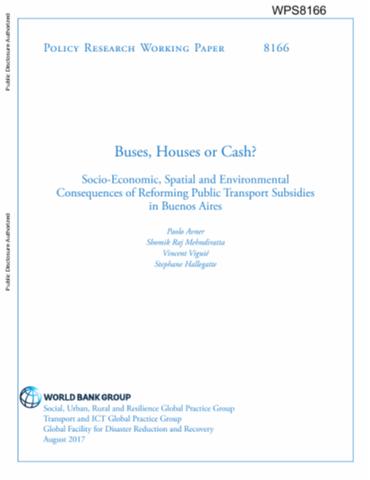Housing Policy in Developing Countries
All countries have a formal economy and an informal economy. But, on average, in developing countries the relative size of the informal sector is considerably larger than in developed countries. This paper argues that this has important implications for housing policy in developing countries. That most poor households derive their income from informal employment effectively precludes income-contingent transfers as a method of redistribution.

